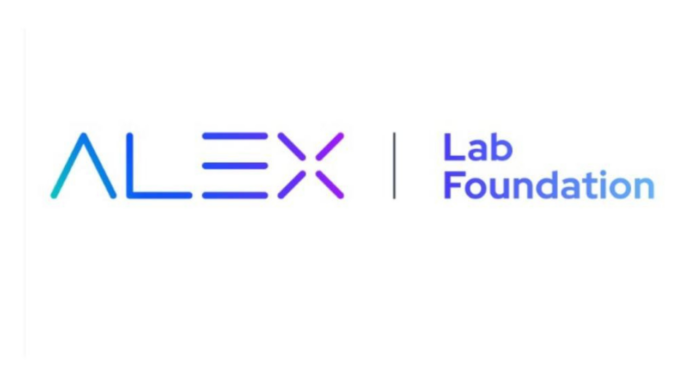The world of decentralized finance (DeFi) is currently experiencing a paradigm shift, with numerous players jostling for a piece of the lucrative DeFi market. One project that’s making waves in the crypto community is Alex Lab, operating on the Stacks Network. With its innovative approach, Alex Lab is poised to possibly create a billion-dollar decentralized exchange (DEX) for BRC20 tokens.
Alex Lab’s novelty lies in leveraging Stacks Network as an infrastructure layer, similar to the role Polygon plays in Ethereum’s Layer Two. This allows the platform to effectively manage transactional loads, while also offering the capability to collectively settle transactions. This method enables groups to collectively shoulder higher gas fees, a promising indication of the power of Layer 2 (L2) solutions. The Stacks Network, with its impressive technology, is ideally positioned to capitalize on such opportunities.
In a recent YouTube video discussion featuring Block Runner Metazone and Rovian, the potential of Alex Lab in creating a DEX-like environment for BRC20 trading was emphasized. This could solve the challenges BRC20 token users currently face when transacting on the Bitcoin network. Though Alex Lab’s sign-up process has provoked some questions about the platform’s accessibility and permissionless architecture, the unique swapping tool that allows the exchange of Stacks and BRC20 tokens could open up new transaction and investment possibilities.
The conversation drew parallels to Binance’s initial stages with its ICO launch pads, suggesting Alex Lab’s potential to dramatically enhance BRC20 trading capabilities. This could potentially infuse significant liquidity into BRC20 markets, signaling a potential 100x opportunity for investors.
The idea of a billion-dollar BRC20 DEX by Alex Lab was also put forward, given the billion-dollar market cap of the Stacks Network and its support for Bitcoin smart contracts. The success of this venture, however, will hinge on users owning a Hyrule wallet compatible with Stacks and Bitcoin. Also, a bridging component would be necessary to migrate Ethereum assets to the Polygon layer, thereby unlocking the favorable trading environment of Alex Lab. The creation of Stacks and BRC20 liquidity pools will be crucial for the prosperity of this DEX.
The future of DeFi lies not just in the utility of tokens, but also in the ability to foresee the emergence of competitors and the demand for more L2 solutions. Drawing inspiration from Uniswap’s early dominance in automated market-making and liquidity pooling, the speakers forecast a similar trend of imitation across different blockchain networks. This is expected to further validate the Bitcoin value ecosystem and lead to the rise of multiple competitors.
As the DeFi landscape continues to evolve, projects like Alex Lab are at the vanguard of this revolution. The narrative of Alex Lab pioneering the next billion-dollar BRC20 DEX is still in progress, and whether it will indeed become the next 100x opportunity remains to be seen. However, the clear message from the discussion is to stay alert and keep an eye on this exciting development, as it could potentially reshape the DeFi world as we know it.


